Fernando Puig, new rector of Santa Croce
On the occasion of the 40th anniversary of the Pontifical University of the Holy Cross (PUSC), known in Italy as Santa Croce
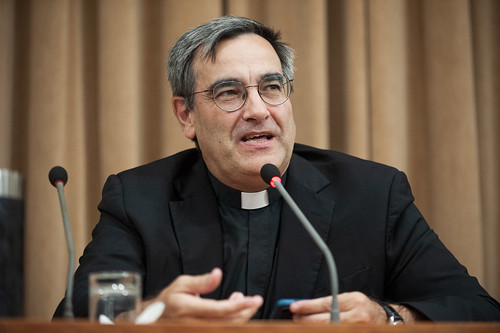
The Pontifical University of the Holy Cross celebrates 40 years of service to the Church, having trained more than 15,000 students from all over the world. Its new rector, Don Fernando Puig, highlights its achievements, challenges, and its key role in evangelization.
Santa Croce celebrates its 40th anniversary this year
What are the objectives achieved by this university in service to the Church and the Holy Father during this time?
First, I would like to thank the CARF Foundation – each of the people who work in the Foundation and collaborate with it – for these 40 years of help, prayers, and encouragement. It may seem like a simple courtesy, but it is not. The Holy Cross exists because there are people who make it exist, from those who started it with a vision of the future and a great faith, to the seminarian or the priest who feels the need for formation, to live his vocation and dedicate himself to the mission in communion with his bishop.
Also, more and more lay people ask us for formation because they need it for their vocation as world transformers. If this is so, a goal achieved is that thousands of people want the Holy Cross to exist. Those of us who work there accumulate debt upon debt.
The numbers are cold and always partial, but having welcomed 15,000 students from 1,300 different dioceses in these years or having our teachers publish 1,800 books is not something that can be improvised. In any case, only at the end of the life of a student, a teacher or an employee of the Holy Cross will the extent of the evangelizing impact of their work be seen.
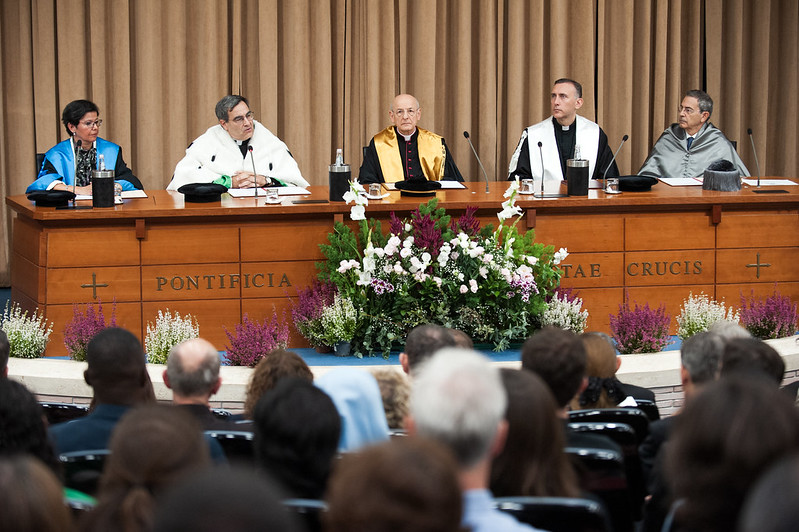
The challenges of the university for Don Fernando Puig
What are the challenges and goals that you have ahead of you for the next four years?
They are not fixed, predetermined. We have our eyes wide open to the needs of evangelization. How what we do – helping to form, teaching to think, encouraging to transmit the faith – develops without haste, calmly and with a broad perspective.
We have very much in mind the example of our predecessors (some are saints, perhaps those “next door” that the Pope speaks of) and a fundamental motto that distinguished them: work, work and work. Of course, as united as possible and trying to ensure that all of us, one by one, in the Santa Croce, grow professionally and personally.
Has the Pope asked you for something specific at the head of the PUSC?
I have not been able to greet the Pope after the appointment, but I like to imagine him while he tells us his andate avanti (“keep going”) that he communicates to so many people. These words are translated for me into the Duc in altum! (“into the deep”) that Jesus cried out to his followers. I think that they are also useful for the work in a university like ours.
As Don Luis Navarro, the former rector, said in an interview, PUSC is characterized by being open to the world. How can we strengthen this message so that the service that this University carries out for the universal Church is really known?
Don Luis always said that our best ambassadors are the former students (the alumni). Proof of this are the numerous priests, seminarians, religious men and women and lay people, from different parts of the world and from different charisms and congregations, who study at the Santa Croce. This is so, because in their real, generous and selfless service, they bring something of the university.
This does not mean that we do not work professionally to make our activities known, as any educational entity does. In any case, the message is strengthened by going through it: work, work and work.
The conference of associate rectors in CRUIPRO is a body for coordinating and promoting the common action of the Pontifical University Institutions of Rome. What is the contribution of PUSC to this body, and what can Santa Croce learn from other universities?
Three of my predecessors in the Rectorate of Santa Croce presided over CRUIPRO, with dedication and drive. Our desire is to contribute loyally to an effort that is common, not competitive. In fact, we rectors get along well, we share experiences and we support each other.
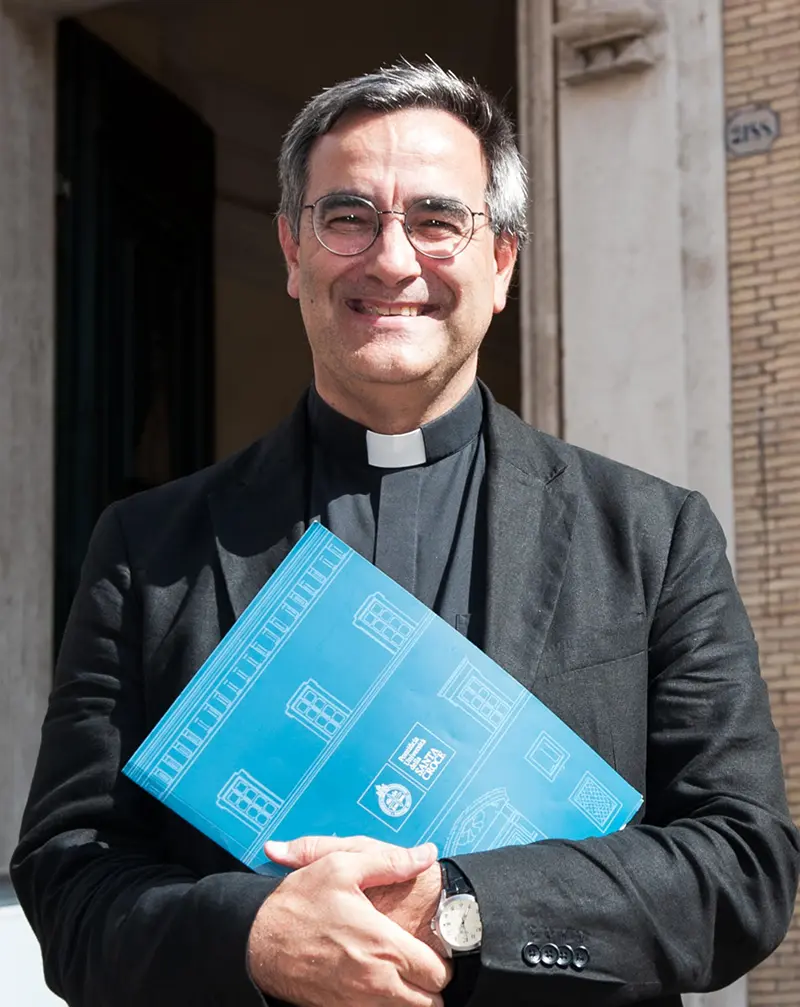
Don Fernando Puig, rector at the University of Santa Croce
You are a professor of Law of Organization and Government of the Church at the university. With the apostolic constitution Praedicate Evangelium on the Roman Curia, some changes that are being made may not have been widely understood. How can the rector of Santa Croce explain this to us in “headlines” and in key messages for Catholics in general?
The Roman Curia is a complex institution with a history that goes back thousands of years. I often say jokingly that, between some of the unique stylistic issues that it certainly has and others that are attributed to it, especially in films, a “monster” has been created. This is not true: helping the Pope is difficult; getting to grips with the changing dynamics of the last few decades is putting all institutions to the test.
I have my doubts that it is really so important to understand the Roman Curia: the Church is alive in every community and in the heart of every believer, and this corresponds to the effectiveness of the sacramental action of the Church in every place.
Each place (in fact, each Eucharist) is as much or more of a center than the Roman Curia. However, the ministry of visible unity that the Pope carries out is irreplaceable and a condition for the possibility of Christ’s charity: the Roman Curia is justified by this mission. Many people work in it with seriousness and self-denial.
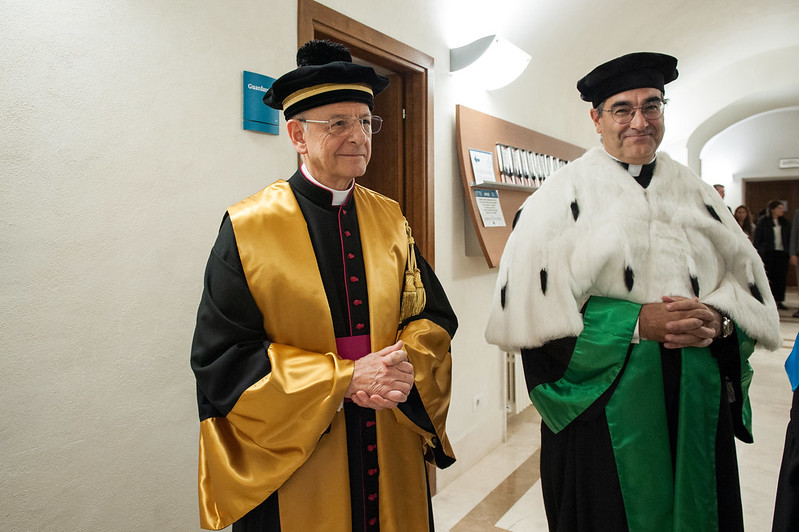
Among other changes, perhaps it is not entirely clear that the Pope has appointed a female religious, the first, as prefect of a dicastery and has now announced that a female religious will be the president of the Governorate of the Vatican State. Can you explain this to us?
As I was saying, there are elements of the Roman Curia that require a specialized study. The Pope has insisted that, in conditions of equal competence, there is no need to distinguish between men and women in exercising government functions. It is normal for this to be put into practice.
There are technical issues regarding the holding of offices by non-ordained persons (whether women or men) that deserve a fine legal adjustment, but it is enough to elaborate it, if the mission of service of the Curia is fulfilled.
In my opinion, and I hope you will correct me if I am wrong, Pope Francis has stressed the importance of a canon law that is more pastoral, accessible and focused on mercy. The recent reforms reflect this vision. What issues are being adapted? Are the changes in the protection of minors and the annulment of marriages benefiting the faithful?
The two issues you mention are important and good steps are being taken. We must not lose sight of the fact that the service of canon law is modest in favour of such great gods as the family and the defence of weak people, especially if they have been harmed.
A lot of family apostolates is needed, a lot of training for people and the involvement of everyone so that there is as little recourse as possible to sanctioning processes and annulment processes. In the end everything is resolved in an effort to respond to the universal call to holiness, which is not a slogan, but a divine plan that also challenges canonists.
Related
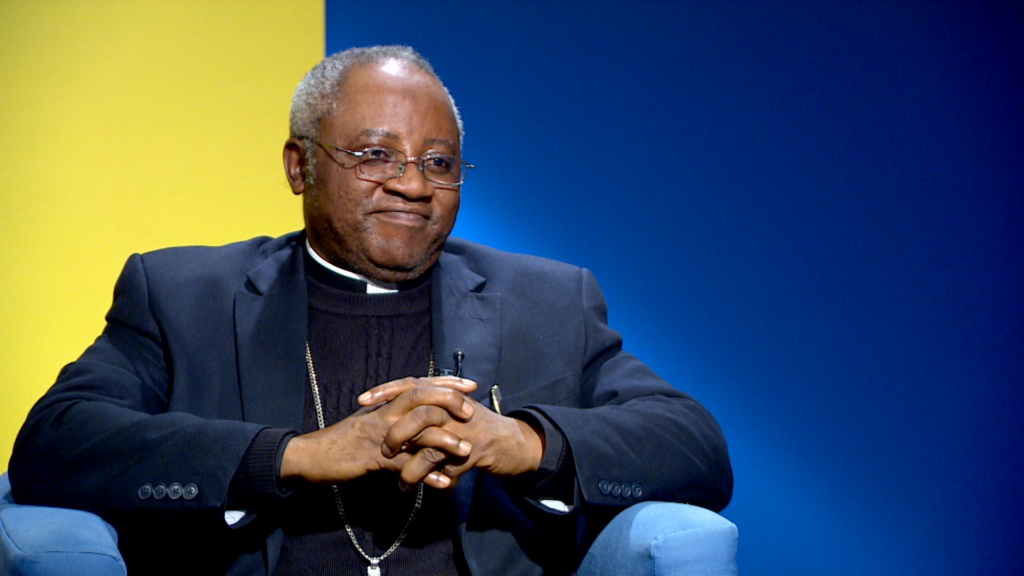
Despite hardships, Christianity is growing “astronomically” in northern Nigeria
Ayuda a la Iglesia Necesitada
10 April, 2025
3 min

“Christianity, a Powerful Engine of Social Transformation”
Exaudi Staff
09 April, 2025
3 min
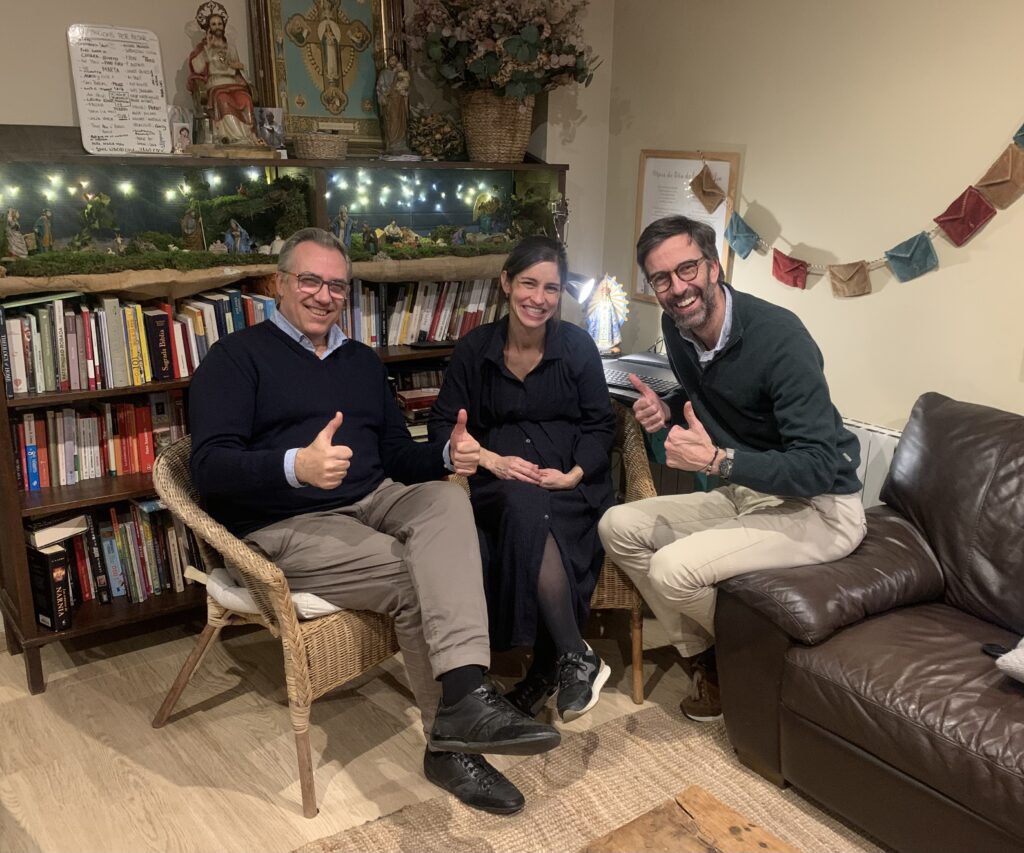
Let God be God
Albert Cortina
11 March, 2025
25 min

Unwanted loneliness
Exaudi Staff
18 February, 2025
25 min
 (EN)
(EN)
 (ES)
(ES)
 (IT)
(IT)

